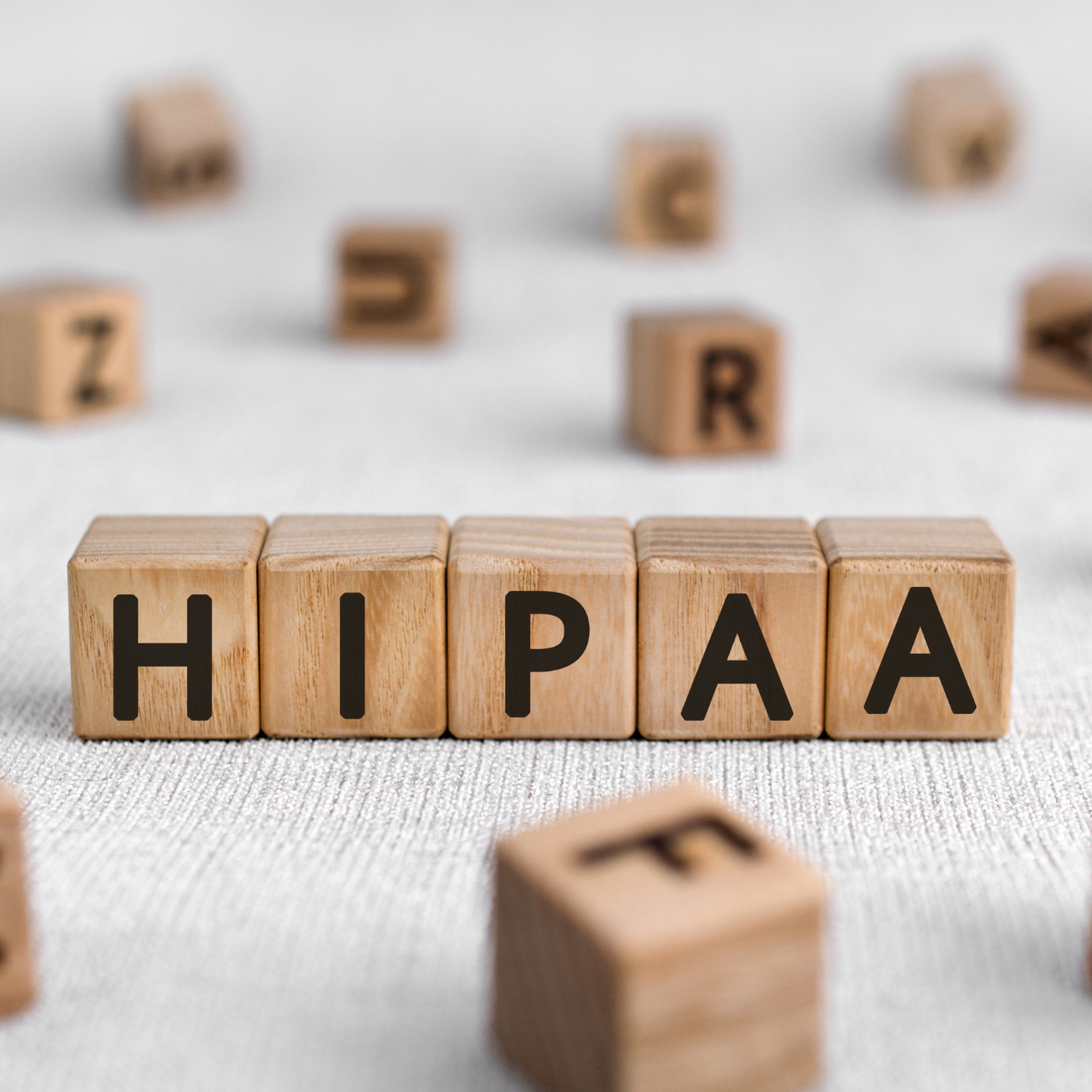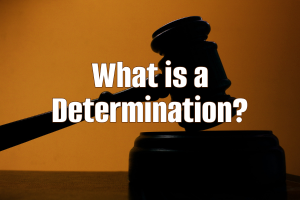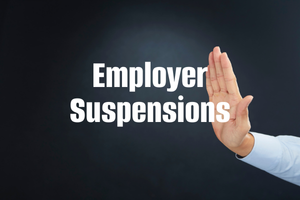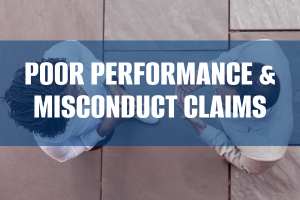Employers are often concerned with turning over medical information in relation to a former employee for purposes of an unemployment claim or hearing because they believe doing so will be a violation of HIPAA. This comes up in a case where the claimant’s separation was caused by an illness or injury, the claimant is on a leave of absence, or the claimant was separated as a result of a violation of the employer’s drug and alcohol policy.
The Health Insurance Portability and Accountability Act of 1996 (HIPAA) has a privacy protection rule that governs what information can be released about a patient and to whom. The HIPAA privacy rule only applies to “covered entities”. The rule protects from unauthorized disclosure of any personally identifiable health information that pertains to a consumer of health care services. The privacy rule applies to health plans, health care clearinghouses, and health care providers. It applies to employers only to the extent that they somehow operate in one or more of those capacities. Normally, an employer will only deal with covered entities, not actually be one.
The Privacy Rule typically does not apply to your employment records, even if the information in those records is health related. In most cases, the Privacy Rule does not apply to the actions of an employer. An employer may ask for a doctor’s note or other health information if they need the information for sick leave, workers’ compensation, wellness programs, or health insurance. Likewise, if medical related information is necessary and relevant to an unemployment separation it may be disclosed for purposes of determining eligibility in an unemployment case. Generally, the Privacy Rule applies to the disclosures made by a health care provider, not the questions an employer may ask or the information that the state may need to determine eligibility for unemployment matters.
Special thanks to our partner Equifax, for providing this content.



